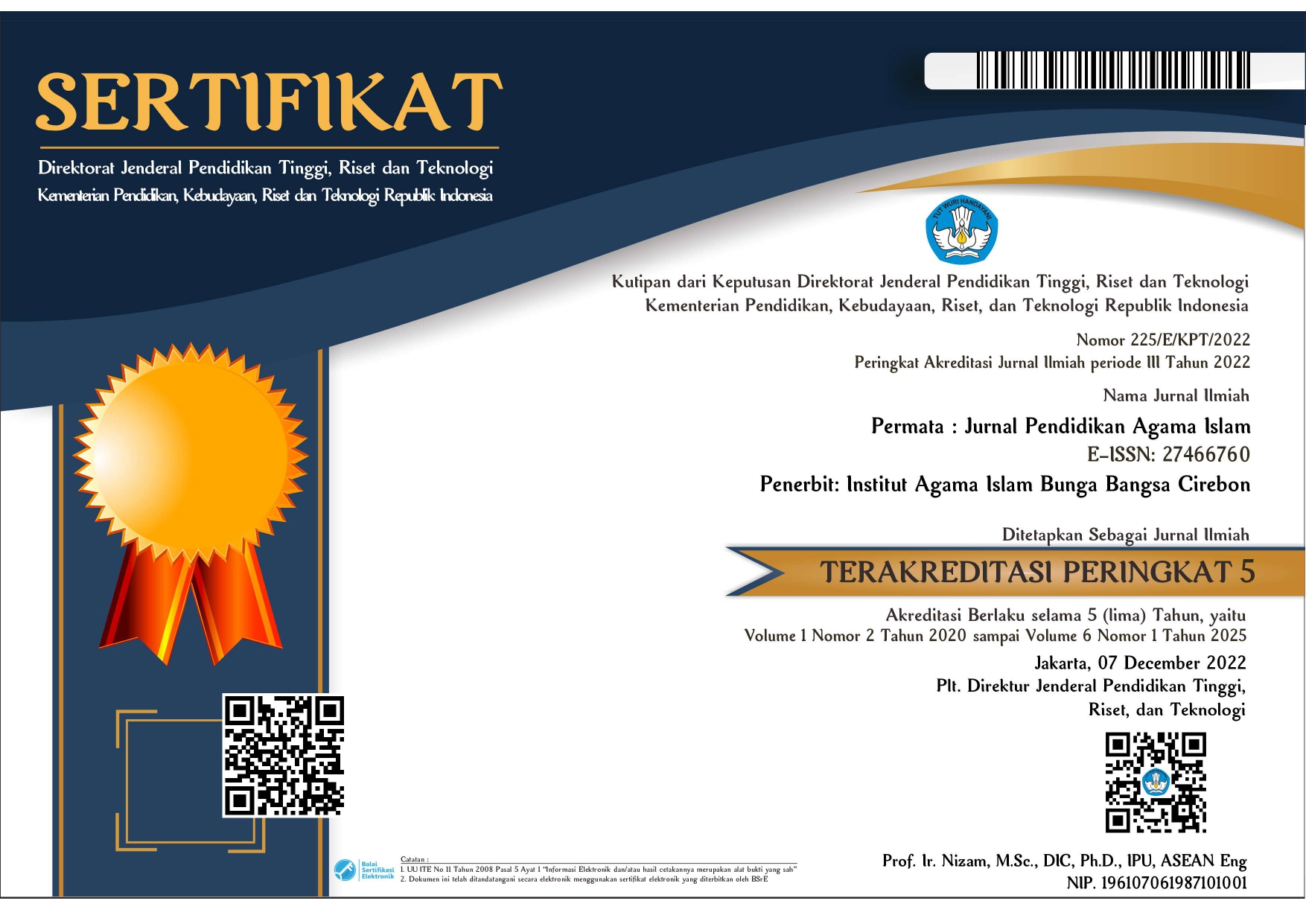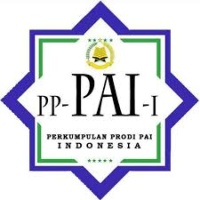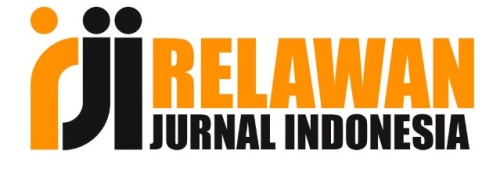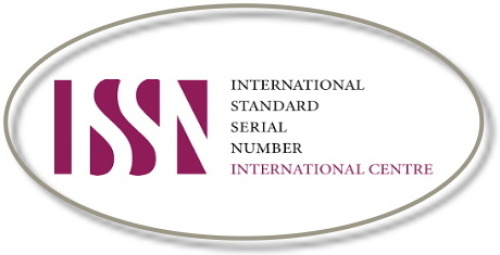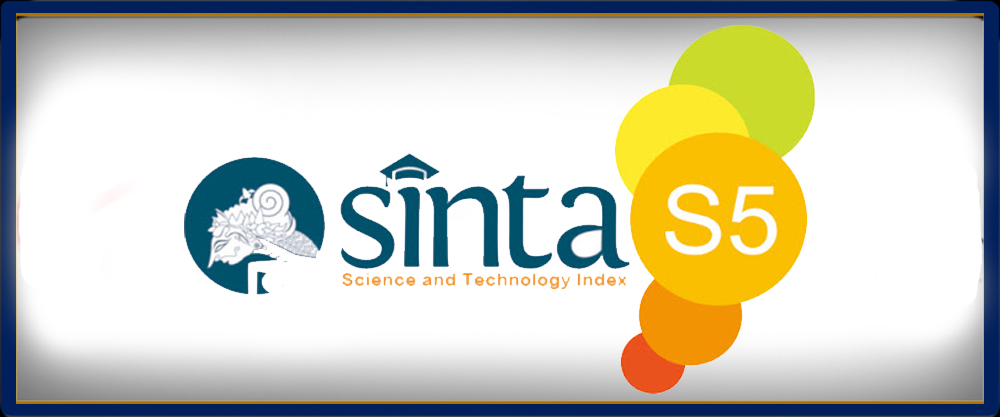Strategi Pembelajaran Ekspositori pada Pelajaran PAI di SMP Vijaya Kusuma Kota Bandung
Abstract
This study aims to identify and analyze the expository learning strategies used in teaching PAI lessons at Vijaya Kusuma Junior High School in Bandung City. This study used descriptive qualitative research method. Data were obtained through classroom observations and interviews with PAI teachers at Vijaya Kusuma Junior High School. The teachers who participated in this study were selected based on purposive sampling method.
The results of this study show that PAI teachers in Vijaya Kusuma Junior High School in Bandung City use various expository learning strategies that are diverse and in accordance with the needs of students. Some of the commonly used expository learning strategies are lectures, demonstrations, directed discussions, interactive lectures, individual assignments, formative evaluations, and final summaries. Teachers use lectures to deliver a direct explanation of the material, while demonstrations are used to clarify certain concepts or processes. Focused discussions are used to facilitate interaction between students and teachers, while interactive lectures encourage active student participation. Individual assignments are used to actively engage students in the understanding and application of the material, while formative evaluations assist teachers in checking students' understanding. Final summaries are used to clarify students' understanding and allow time for final questions.
This research makes an important contribution to the understanding of the application of expository learning strategies in PAI learning at Vijaya Kusuma Junior High School in Bandung City. The results of this study can be a reference for PAI teachers to develop more innovative and effective learning approaches. It is recommended to conduct further research with a larger sample and involving various schools in different cities or regions in order to get a more comprehensive picture of expository learning strategies in PAI lessons.
Keyword: Learning Strategy; Expository Strategy; Islamic Education Lessons.
Downloads
References
Abas, S., Lestari, E. W., Muti’aturrobbani, F., Yusuf, M., Khilmi, M., Maulani, R., & Hardiastuti, S. (2022). Improving Understanding of Islamic Cultural History Learning Through the Development of Video Blogging-Based Learning Media (Vlog). Action Research Journal Indonesia, 4(1), 28-41.
Casta, C., Abas, S., & Mukaromah, O. (2023). Pengaruh Media Linimasa Terhadap Hasil Belajar PAI Siswa di SDN 1 Cipinang Kecamatan Beber Kabupaten Cirebon. Permata: Jurnal Pendidikan Agama Islam, 4(1), 127-142.
Tabroni, I., & Qutbiyah, S. M. (2022). Strategi Pembelajaran PAI dalam Meningkatkan Motivasi Belajar di Masa Pandemi Covid-19 di SMP Plus Al-Hidayah Purwakarta. Jurnal Pendidikan Dasar Dan Sosial Humaniora, 1(3), 353-360.
Afriantari, V. L., Haida, N., & Lasmana, M. I. (2022). Entrepreneurship Technology in Sharia Economic Perspective. ICOBBA_2021, 441-445.
Khozin, A. A., Pratama, F. A., Ridwan, M., Amin, N. M. F., & Lesmana, T. (2022). Inflation and the Stability of Islamic Finance. ICOBBA_2021, 404-409.
Marleni, E., Mustoip, S., & Sulkhah, S. (2024). Implementation of the Literacy Movement in Shaping Student Character in Elementary School. EduBase: Journal of Basic Education, 5(2), 120-130.
Munajim, A., Pratama, F. A., Ridwan, M., & Rohimah, I. (2022). The Operations of the Bank Wakaf Micro Indonesia with the Scheme for the Economic Empowerment of the People. ICOBBA_2021, 1-6.
Nasir, A., Busthomi, A. O., & Rismaya, E. (2022). Shariah Tourism Based on Local Wisdom: Religious, Income, Motivation, Demand and Value of Willingness to Pay (WTP). International Journal Of Social Science And Human Research, 5(08), 3811-3816.
Pratama, F. A., Ridwan, M., Yulianti, N., Ratnawati, R., Maulana, A., & Masitoh, S. I. (2022). Implementasi Persamaan Fungsi Non Linier Dalam Matematika Bisnis Pada Kehidupan Sehari-Hari. Change Think Journal, 1(03), 289-299.
Pratama, G. (2022). Comparative Study of The Empowerment of Zakat BAZNAS Indonesia and PPZ Malaysia. ICOBBA_2021, 212-216.
Putri, Y. D. S., Mustoip, S., Nisa, D. H., & Ramadhani, N. U. (2024). Implementation of Audiolingual Methods in Understanding Arabic Color Concepts in Class I SDIT Alif Mardiyah. JPS: Journal of Primary School, 1(2), 1-6.
Ridwan, M., Motik, D. P., & Nurwahid, H. I. (2022). Afzalur Rahman's Thinking Concept: Relevance with Worker Ethics According to Global Standards. ICOBBA_2021, 322-329.
Selasi, D., Agustiani, L. R., & Vidiati, C. (2022). Upaya Mengubah Pendapatan Usaha Mikro Kecil Menengah (UMKM) Melalui Digital Marketing. Jurnal Multidisiplin Madani, 2(3), 1247-1258.
Selasi, D., Munajim, A., & Komala, S. I. (2022). The Digitization of Islamic Philanthrophy In the Islamic Capital Market in Indonesia. ICOBBA_2021, 166-174.
Selasi, D., Munajim, A., & Komala, S. I. (2022). The Digitization of Islamic Philanthrophy In the Islamic Capital Market in Indonesia. ICOBBA_2021, 166-174.
Selasi, D., Muzayyanah, M., Tatmimah, I., Sari, F., & Indriyani, R. (2022). Contribution of Islamic Capital Market to National Capital Market. INCOME: Innovation of Economics and Management, 2(1), 1-7.
Selasi, D., Vidiati, C., & Munajim, A. (2022). Pertumbuhan Bank Syariah di ASEAN: Dalam Sejarah The Growth of Islamic Banks in ASEAN: In History. Ecobankers: Journal of Economy and Banking, 3(2), 157-171.
Selasi, D., Vidiati, C., & Munajim, A. (2022). Pertumbuhan Bank Syariah di ASEAN: Dalam Sejarah The Growth of Islamic Banks in ASEAN: In History. Ecobankers: Journal of Economy and Banking, 3(2), 157-171.
Selasi, D., Vidiati, C., & Sumarno, S. (2022). Pasar Menabung Saham Pada Pasar Modal Indonesia. Ecopreneur: Jurnal Ekonomi dan Bisnis Islam, 3(1), 68-77.
Selasi, D., Vidiati, C., & Tardjono, T. (2022). Sharia Capital Market: Securities Fatwa, Derivative Securities and Mechanisms. IJOBBA: International Journal of Bunga Bangsa Cirebon, 1(1), 1-24.
Selasi, D., Virdiati, C., Munajim, A., & Sujata, T. (2022). Kesejahteraan Masyarakat: Analisa Kualitatif Sistem Keuangan Komersial Islam-SIstem Keuangan Sosial Islam di Indonesia.
Stefanus, S., & Ridwan, M. (2022). Analisis Strategi Marketing Syariah Untuk Meningkatkan Omset Penjualan Pada Era Globalisasi Di Toko Emas Pantes Sindang Laut Kabupaten Cirebon. Change Think Journal, 1(01), 87-95.
Vidiati, C., Al-Ghozali, M. I., Faturrizky, I., Selasi, D., Munajim, A., & Tardjono, T. (2022). Effects of the Money Market and the Need for Knowledge of Interest Rates and the Foreign Exchange Market for Benefit: Evidence In Indonesia. IJOBBA: International Journal of Bunga Bangsa Cirebon, 1(1), 37-60.
Vidiati, C., Hendra, E., Selasi, D., & Sumarno, S. (2022). Menilik Tas’ ir Keadilan dan Maslahah. Ecopreneur: Jurnal Ekonomi dan Bisnis Islam, 3(1), 78-92.
Wartoyo, W., Haida, N., Mujab, S., & Umam, M. K. (2022). Sharia Marketing Model Pada Bisnis Laundry Syariah (Case Study Pada Zada Laundry Syariah Sumber Cirebon). PROFIT: Jurnal Kajian Ekonomi Dan Perbankan Syariah, 6(1).


